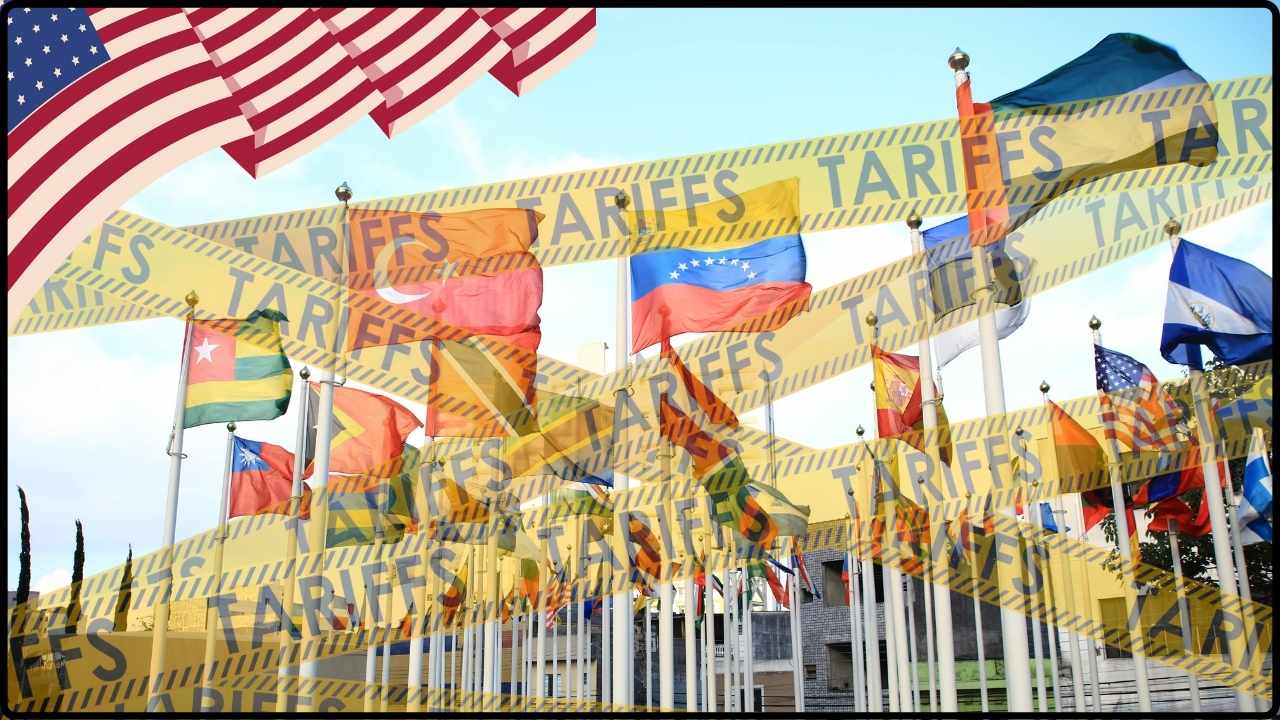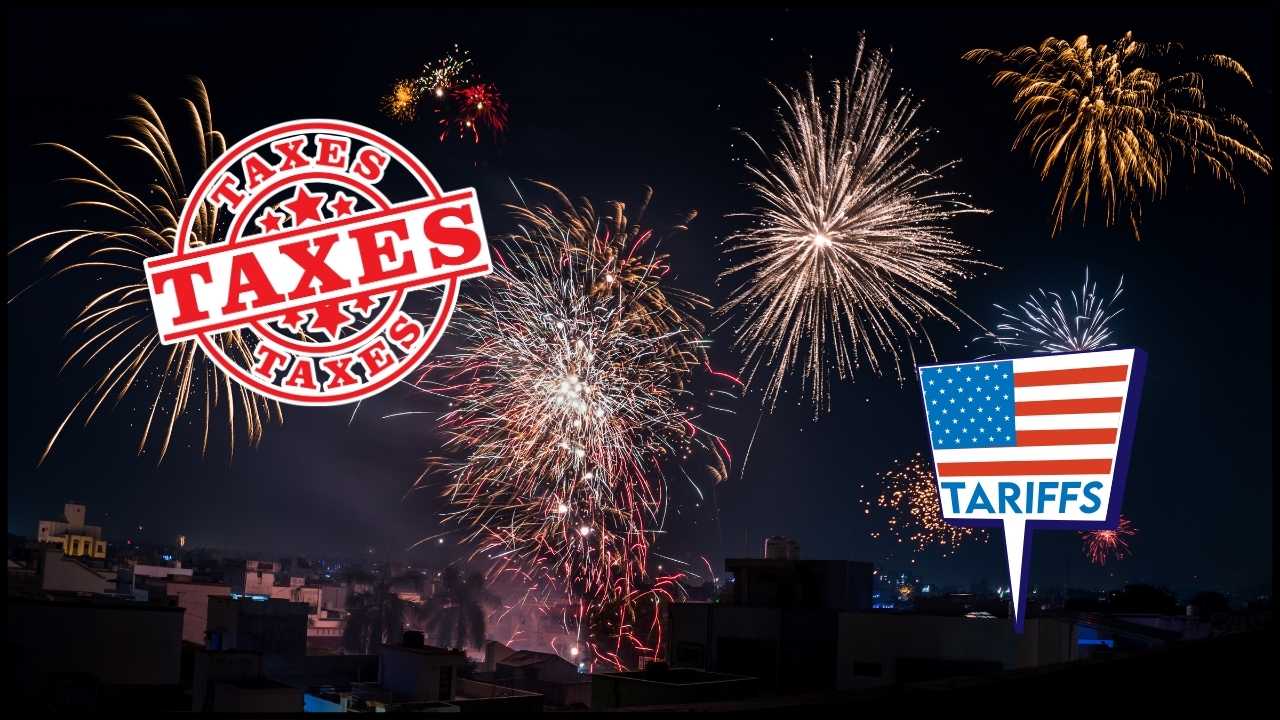Father Wins Rs 4 Lakh Income Tax Case on Son’s Marriage Gift: If you’ve ever attended an Indian wedding, you know it’s more than a ceremony. It’s a full-blown celebration filled with family, traditions, food, music, and yes—gifts. But what happens when those gifts, especially cash, invite questions from the tax authorities? That’s exactly what happened in a recent case before the Income Tax Appellate Tribunal (ITAT), Ahmedabad, where a father found himself in the middle of a legal battle over his son’s marriage gifts.
The father, Manubhai, received about ₹4.31 lakh (roughly $5,000 USD) in cash gifts for his son’s wedding. Instead of simply enjoying the celebration, he was accused by the Income Tax Department of possessing “unexplained income” under Section 69A of the Income-tax Act, 1961. What followed was a courtroom clash between tradition and taxation that ended with a ruling in favor of the father.
Father Wins Rs 4 Lakh Income Tax Case on Son’s Marriage Gift
The Father Wins Rs 4 Lakh Income Tax Case on Son’s Marriage Gift judgment is more than a legal headline. It highlights the thin line where culture meets taxation. Section 69A is a powerful tool to track hidden income, but this ruling shows that when cultural practices are backed by proper documentation, taxpayers can win. The lesson is clear: celebrate your weddings with joy, but also keep records. Because at the end of the day, the music, laughter, and food are for you, but the receipts are for the taxman.

| Key Aspect | Details |
|---|---|
| Case | Father (Manubhai) vs. Income Tax Department |
| Amount Involved | ₹4.31 lakh (approx. $5,000 USD) |
| Tax Section in Question | Section 69A — Unexplained Income |
| Tribunal | ITAT Ahmedabad |
| Judgment Date | August 12, 2025 |
| Verdict | Favorable to taxpayer — cash gifts accepted as genuine |
| Cultural Context | Pre-wedding gifts are common in Indian traditions |
| Official Reference | Income Tax Department of India |
What Exactly Is Section 69A?
Section 69A is one of the watchdog provisions in Indian tax law. It empowers authorities to treat any unexplained assets—such as cash, gold, jewelry, or property—as income if the taxpayer fails to explain the source convincingly.
In simpler terms, if you suddenly deposit a large sum of money into your account and cannot justify where it came from, the taxman can treat it as your hidden income. You would then be liable to pay tax on it, often at higher penalty rates.
It’s the Indian equivalent of the IRS in the United States asking: “Where did this money come from, and can you prove it?”
Father Wins Rs 4 Lakh Income Tax Case on Son’s Marriage Gift: What Happened in This Case?
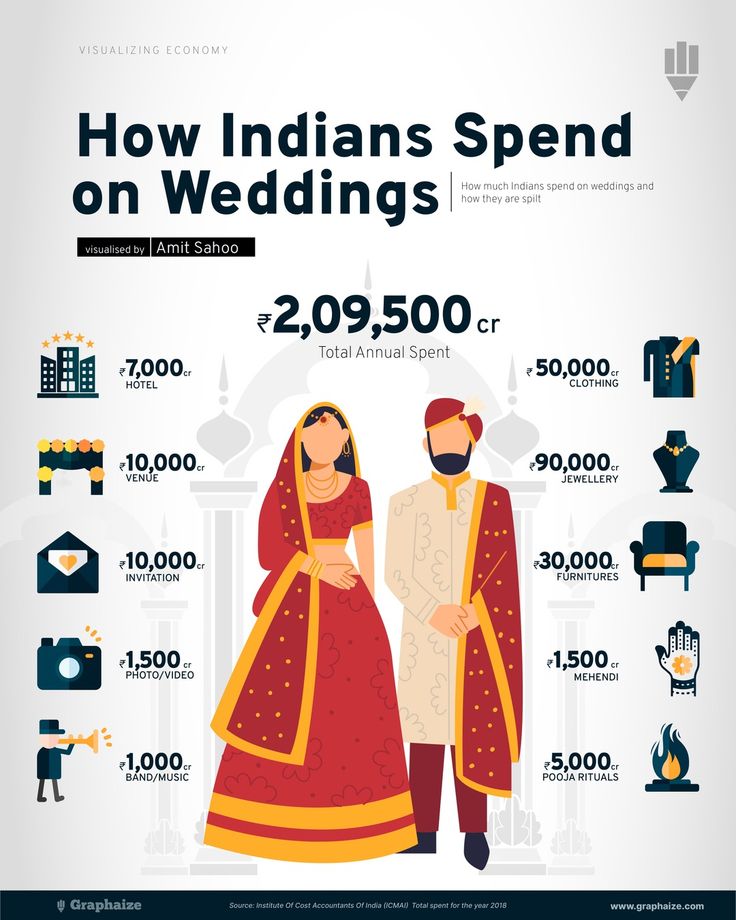
In Manubhai’s situation, he deposited ₹4.31 lakh into his bank account about a month before his son’s wedding. The Assessing Officer (AO) claimed the money was unexplained because it was received before the actual wedding day, thus disqualifying it as a wedding gift.
But Manubhai came prepared. He submitted:
- Wedding invitation cards
- A detailed guest list
- The marriage certificate
- Records of cash deposits
The ITAT ruled in his favor, noting that in Indian culture, wedding-related gifts are often given well before the actual ceremony, during pre-wedding functions and gatherings. The tribunal criticized the AO for ignoring evidence and concluded that the cash gifts were legitimate.
Historical Context and Precedents
This is not the first time wedding gifts have come under tax scrutiny. Indian courts have dealt with similar disputes in the past:
- Punjab & Haryana High Court (2013): Ruled that gifts received by the parents of a bride or groom may not be exempt unless the giver is a close relative.
- Delhi ITAT (2016): Accepted cash gifts as genuine when they were linked directly to wedding functions and supported by guest lists and invitations.
- Supreme Court’s Observations: While not directly ruling on wedding gifts, the Court has emphasized that cultural practices should be weighed carefully before labeling cash as unexplained income.
These precedents underline that while tax authorities are right to scrutinize large cash deposits, they must also respect cultural realities and legitimate evidence.
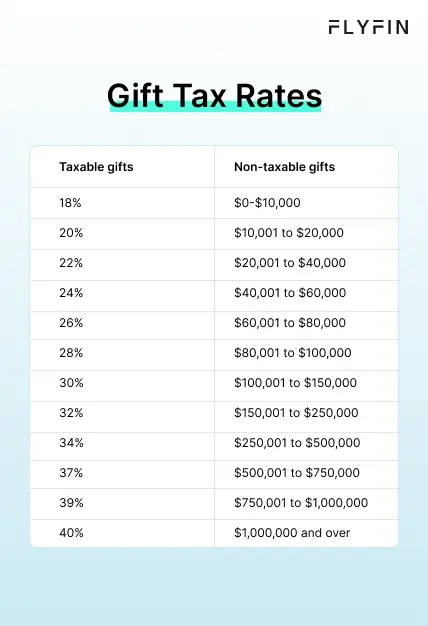
The Economics of Wedding Gifts in India
The Indian wedding industry is a giant. According to a KPMG 2022 report, it is valued at over $50 billion annually, making it the second-largest wedding market after the U.S.
Key statistics:
- Nearly 70% of wedding attendees in India prefer giving cash as gifts.
- Middle-class weddings often see gifts worth anywhere between ₹2 lakh and ₹10 lakh.
- In large Indian cities, the value of gifts for high-profile weddings can cross crores.
This scale of gift-giving explains why tax authorities monitor wedding-related transactions closely.
A Global Look at Wedding Gifts and Taxation
India is not alone in dealing with wedding gift taxation. Let’s compare:
- United States: Recipients never pay tax on gifts. Instead, givers must file a gift tax return if they exceed the annual exclusion, which is $18,000 per person in 2025. However, thanks to a lifetime exemption exceeding $13 million, few people actually end up paying gift tax.
- United Kingdom: Wedding gift exemptions are capped depending on the giver. Parents can gift up to £5,000, grandparents up to £2,500, and others up to £1,000 without tax implications.
- Australia: No specific exemption for wedding gifts exists, but general gift tax rules apply, and large gifts can impact means-tested welfare payments.
India, in contrast, provides full exemption only to the bride and groom, leaving gifts received by parents and siblings subject to scrutiny unless they come from defined relatives.
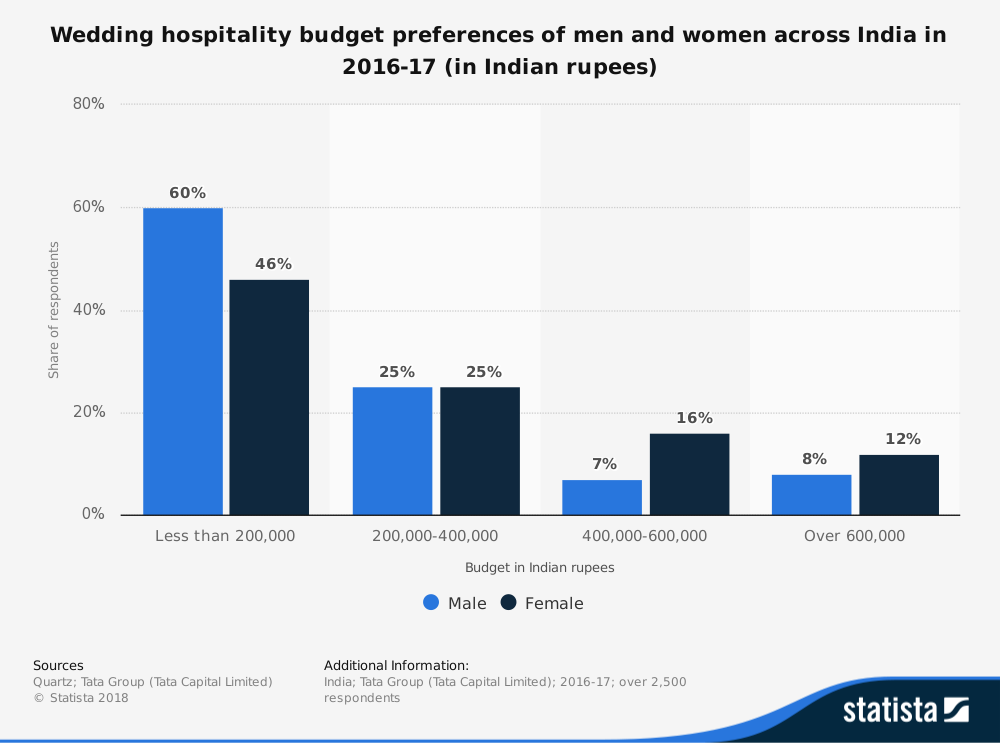
Expert Opinions
Tax experts across India and abroad believe the ITAT ruling sends a strong message:
- CA Anjali Desai (Mumbai): “This case reaffirms that cultural traditions cannot be ignored. However, taxpayers should still maintain proper documentation because oral claims won’t hold up.”
- CPA John Miller (New York): “The U.S. system places the responsibility on givers rather than recipients. India’s approach is different, but both systems emphasize one thing—clear reporting.”
- Tax Litigator Rajesh Menon (Delhi): “The ruling protects honest taxpayers. But it should not encourage misuse, which is why authorities must still scrutinize high-value transactions carefully.”
Practical Guide: How to Handle Wedding Gifts and Taxes
- Know the Law
- In India, only gifts received by the bride or groom are automatically exempt. Parents should be cautious.
- In the U.S., check the annual exclusion limits.
- Document Everything
- Save wedding invitations, guest lists, and photos.
- Keep a ledger of who gave what, especially for cash.
- Prefer Bank Transfers Over Cash
- Encourage relatives to use digital transfers or cheques. This reduces disputes.
- Consult Professionals
- Hire a Chartered Accountant (India) or Certified Public Accountant (U.S.) to guide you.
- Respond Promptly to Tax Notices
- Never ignore correspondence from the tax department. Delays can worsen matters.
Do’s and Don’ts Checklist
Do’s:
- Keep receipts, invitations, and bank slips.
- Deposit cash gifts gradually with proper notes.
- Use online transfers whenever possible.
- File tax returns honestly, disclosing major receipts if required.
Don’ts:
- Don’t assume all gifts are exempt.
- Don’t ignore documentation requests.
- Don’t deposit unexplained large sums suddenly.
- Don’t rely solely on verbal assurances.
Real-Life Scenarios
- A bride receives ₹5 lakh in gifts from her relatives and friends. Since it’s her wedding, the amount is fully exempt.
- The bride’s father receives ₹3 lakh from his office colleagues as goodwill. Since colleagues are not “relatives” under tax law, this may be taxable.
- In the U.S., if a family friend gifts $20,000 to a groom, the giver must file a gift tax return, but the groom does not pay tax.
Wedding Gifts Not Taxable! ITAT Scraps ₹10 Lakh Cash Deposit Addition
Retail Sales Take a Hit This Festive Season—Is the Wait for GST Cuts to Blame?
2025’s Most Important ITAT Rulings: Half-Yearly Income Tax Case Digest Reveals Critical Insights




